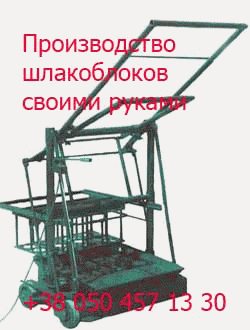Melamine-formaldehyde resins are used as adhesives for exterior — and semiexterior-grade plywood and particleboard. In this application their handling is very similar to that of UF resins for the same use, with the added advantage of their excellent water and weather resistance. MF resins are also used for the impregnation of paper sheets in the production of self-adhesive overlays for the surface of wood-based panel products and of self-adhesive laminates. In this application the impregnation substrate, a cellulose paper, is thoroughly impregnated by immersing it in the resin solution, squeezing it between rollers, and drying without curing it to proper flow by passing it through an airdraft tunnel oven at 70 to 120°C at ± 10m/s. The dry MF-impregnated sheets can then be bonded by one of two main processes:
1. The sheets of MF-impregnated paper, consisting of one surface layer or a few surface layers, are bonded together and with a substrate of paper sheets impregnated with phenolic resins to form laminates of variable thickness. In the impregnated papers is the dry but still active MF resin, which functions as the adhesive of the MF-impregnated sheet to both MF-impregnated sheets and at
the interface between MF-impregnated and phenol-formaldehyde (PF)-impreg — nated layers. These laminates are high-pressure laminates.
2. The MF in an impregnated paper sheet is not completely cured but still has a certain amount of residual activity and is applied directly in a hot press, in a single sheet, on a wood-based panel, to which it bonds by completing the MF adhesive curing process.
Press platens are made from stainless steel or chromium-plated brass and copper. The chromium layer preserves surface quality longer than does ordinary steel. The MF laminates exhibit a remarkable set of characteristics. Because of their unusual chemical inertness, nonporosity, and nonabsorbance, they resist most substances, such as mild alkalies and acids, alcohols, solvents such as benzene, mineral spirits, natural oils, and greases. No stains are produced on MF surfaces by these substances. In addition to almost unlimited coloring and decorating possibilities, this remarkable resistance has resulted in the extensive use of MF laminated wood-based panel products for tabletops, sales counters, laboratory benches, heavy-duty work areas in factories and homes, wall paneling, and so on.
 22 августа, 2015
22 августа, 2015  Malyar
Malyar  Опубликовано в рубрике
Опубликовано в рубрике 